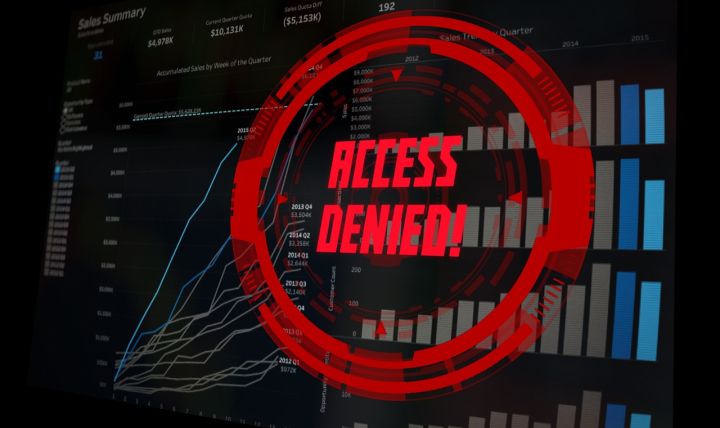
Transparency International has criticised the authorities of a number of European Union member states for restricting journalists and non-profit activists from accessing registers of beneficial owners of businesses. In the opinion of the organisation's representatives, this approach should be corrected.
Registers of ultimate business owners (also known as "transparency registers") have been created across the EU under the 5th Anti-Money Laundering Directive, but in November 2022, the EU Court of Justice ruled that the practice violates an individual's rights to confidentiality of personal information and privacy. Following this, a number of European states immediately closed their beneficiary registers to public access, keeping the information contained therein available only to specially authorised persons.
Maíra Martini, Head of Policy & Advocacy (Interim), Transparency International, has published a report on the organisation's official website analysing the experience of journalists and civil society organisations in accessing beneficiary registers in the new environment. According to Martini, despite the position of judges that it is reasonable for journalists and civil society organisations to have access to registers, 13 out of 27 EU member states have restricted it. Eight European countries have completely closed the registers to all but authorised officials, while the rest have created bureaucratic hurdles. As Martini notes, Cyprus, Malta and the Netherlands deny access to journalists and members of the public, even when they try to prove their legitimate interest.
However, even among the 14 states that have formally preserved the publicity of beneficiary registers, not all of them are really ready to allow journalists and participants of public investigations to access the information contained in them. For example, Hungary requires identification of initiators of requests and payment of a fee, and provides access to information about only one commercial entity at a time. In France, much of the information contained in the registers is incomplete and inaccurate.
EU members are now discussing a new directive that would give journalists and civil society representatives access to information about business beneficiaries by default. However, it has not yet been adopted. Martini cites the actions of individual countries regulating access to registers at the level of laws as a temporary solution to the problem. Nevertheless, she says that for effective investigations the whole EU needs a unified approach to this issue.
In Ireland today, journalists and members of the public must prove, when requesting access, not only that they are involved in an investigation, but also that the companies being investigated have links to those convicted of money laundering.
In Italy, it is necessary to prove a legitimate interest and request access only through regional Chambers of Commerce and Industry, not through a Central registry.
In Luxembourg, the authorities have informally agreed to grant access to local journalists, but block it completely for foreigners.
Germany has a complex system for proving legitimate interest.
While Spain has established at the level of law that journalists and civil society representatives have a legitimate interest by default.
«There is a risk that if member states have wide discretion to decide when journalists and civil society have legitimate interest, they may be too conservative in their approach. Access that is decided on a case-by-case basis could give governments the opportunity to protect certain individuals and companies or retaliate against certain journalists. We cannot afford to have the EU’s doors reopened to high-risk individuals who will take advantage of the reputation of EU companies to do business, invest and move suspicious funds.», — writes Martini in her report.
In her view, the EU authorities should develop an approach whereby access to beneficiary registers would be provided centrally to participants in journalistic and public investigations.





